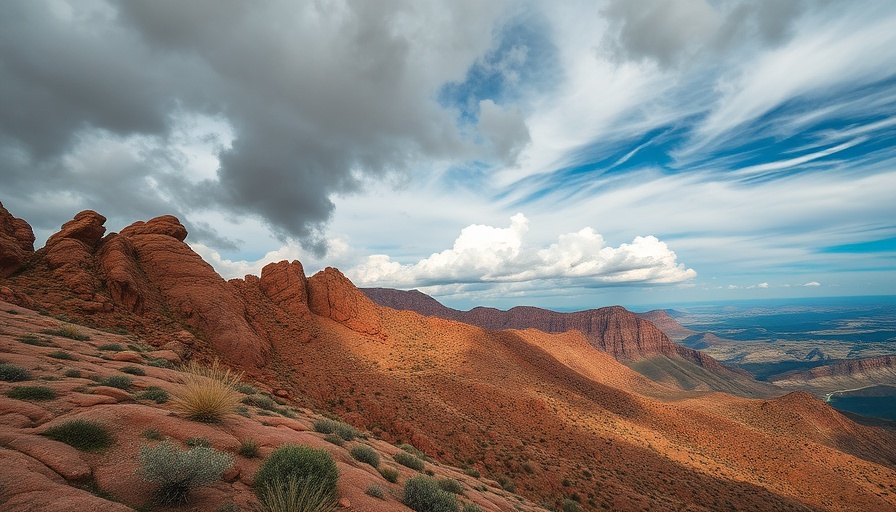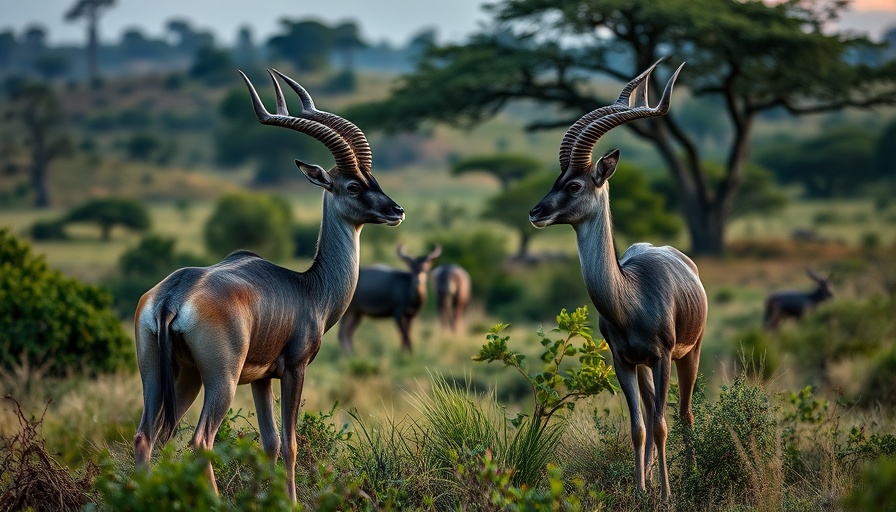
Discover the Magic: South Africa’s UNESCO Heritage Sites
South Africa is more than just a picturesque country; it tells stories that span centuries, encapsulating the evolution of its people and cultures in nature. The United Nations Educational, Scientific and Cultural Organization (UNESCO) recognizes distinct sites that represent their universal value, shaping both local and global heritage.
iSimangaliso Wetland Park: A Natural Wonder
Starting with the breathtaking iSimangaliso Wetland Park in KwaZulu-Natal, this site is a treasure trove of biodiversity. Covering over 331,000 hectares, it boasts a unique ecosystem comprising beaches, swamps, grasslands, and coral reefs. Here, visitors can witness the majestic Big Five in their natural habitat, as well as the annual spectacle of turtle nesting and whale watching. For travelers seeking adventure, the park offers a myriad of activities including hiking, snorkeling, and boat tours, making it a top choice for ecotourism.
Cultural Riches of Robben Island
Moving to Robben Island, which held Nelson Mandela captive during apartheid, visitors are invited to explore South Africa's complex political history. This UNESCO World Heritage Site not only offers guided tours led by former political prisoners but also provides invaluable insights into the nation's journey toward freedom. A visit to Robben Island is more than a tour—it's an emotional journey through resilience and the human spirit's indomitable will.
Cradle of Humankind: Our Ancient Roots
The Cradle of Humankind, just outside Johannesburg, is an essential stop for history enthusiasts. This site is revered for its fossil findings, which date back millions of years, offering a glimpse into the origins of humanity. With interactive displays, guided tours, and excavation sites, the Cradle is an ideal location for those interested in anthropology and archaeology.
Table Mountain: A Natural Marvel
Standing as a natural icon, Table Mountain in Cape Town offers unmissable views and hiking paths that cater to all skill levels. Recognized not only for its stunning landscapes and rich flora, this landmark is also a UNESCO World Heritage Site, embodying both ecological and cultural significance. Visitors can take the iconic Aerial Cableway or hike up the numerous trails to experience the city's breathtaking panorama.
Robben Island: History Comes Alive
Another UNESCO gem is the Cape Floral Region, a stunning collection of natural beauty. This site consists of various protected areas, highlighting the astounding diversity of plants endemic to the region. Visitors will marvel at the breathtaking landscapes filled with vibrant fynbos and, for the adventure seekers, there are plenty of trails to explore.
Why Experience These Sites?
Each of these sites presents visitors with not only visual splendor but an opportunity to appreciate the fusion of natural wonders and rich history. Engaging with these cultural and natural sites provides profound insights into the diverse fabric that is South Africa. Travelers seeking eco-friendly options can embrace activities that respect the local environment and culture, encouraging sustainable tourism.
Planning Your Visit
Before setting off for these destinations, consider key travel preparations. Ensure your travel itinerary covers travel flights and accommodations that suit your budget, whether you're looking for a luxury experience or backpacking adventure. Knowing how to navigate local cuisine and cultural experiences can greatly enrich your journey. Utilize travel blogs or guides to stay updated on any travel news or trends influencing your experience.
Conclusion: Travel with Purpose
South Africa's UNESCO World Heritage Sites offer more than just travel destinations; they provide experiences that connect you deeply with the land and its history. Enthusiasts can easily discover local cuisine, engage in cultural experiences, and build a meaningful travel itinerary. So pack your bags and embark on a journey that promises both adventure and enlightenment!
 Add Row
Add Row  Add
Add 




Write A Comment